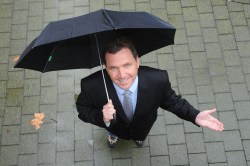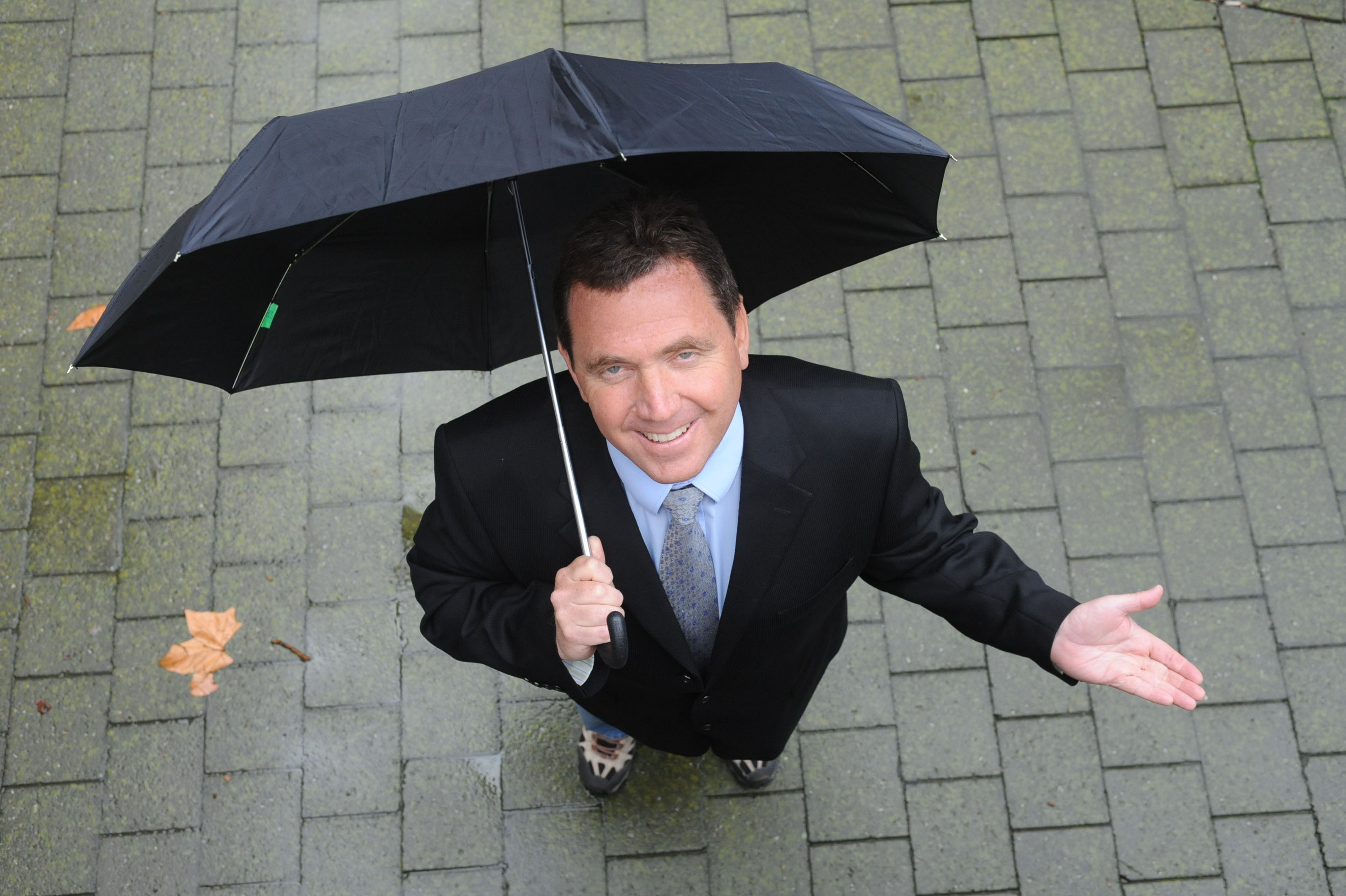
Benjamin Santer.
When Charles Darwin wrote, “Multiply, vary, let the strongest live and the weakest die,” do you think he thought to himself, “Dude, I’m about to piss a bunch of people off”? Or when Copernicus and Galileo forwarded the idea that the Earth revolves around the sun, and not the other way around, do you think they were trying to ruffle Vatican feathers?
Well, OK, maybe these guys saw trouble brewing. But another, contemporary scientist didn’t. In the mid-1990s, Benjamin Santer authored a chapter in a report of the Intergovernmental Panel on Climate Change that included this sentence: “The balance of evidence suggests a discernible human influence on global climate.”
Innocuous enough, right? But it would prove to be a pivotal moment for the discussion of global warming. Today, the political cacophony surrounding climate science is so loud that it drowns scientific reasoning like a Jack White solo at a Simon and Garfunkel concert. And much of the noise can be traced back to that sentence.
I recently sat down with Santer, a MacArthur Award-winning researcher at Lawrence Livermore National Laboratory, to get his firsthand account of the day the global warming show went from soft acoustic to power-blasting electric.
“I was blissfully unaware of what would happen at the end of 1995,” he told me. “The only thing I thought about was doing the best possible science and searching for that holy grail of objectivity.”
Things quickly got nasty — and they’ve stayed that way ever since. “Nothing in your scientific training prepares you for that kind of challenge to your integrity,” Santer says. “You’re prepared as a scientist to stand up there and defend your research, but you’re not prepared to have people call you a liar or a cheat.”
Still, science is all about challenging assumptions, even if those assumptions are near and dear to the masters of the universe. “In the end, we can’t embrace ignorance with open arms,” Santer says. “Reality is overtaking us.”
Here’s my interview with Santer, in which he describes controversy surrounding the 1996 IPCC report, the travails of being a scientist under fire, and why he has decided to stick with it, even in the worst of circumstances.
This interview is part of the Generation Anthropocene project, in which Stanford students partake in an inter-generational dialogue with scholars about living in an age when humans have become a major force shaping our world.


